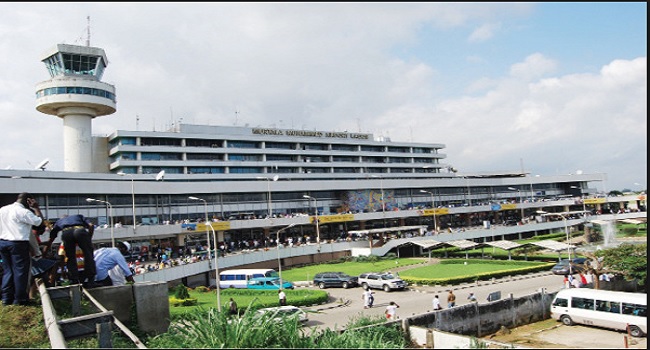Nigeria’s government is defending its decision to allocate ₦712 billion (approximately $500 million) toward demolishing and reconstructing the aging Terminal One of Lagos’ Murtala Muhammed International Airport, amid heated debates over spending priorities as citizens grapple with soaring inflation and economic strain. Aviation Minister Festus Keyamo detailed the plan during a televised interview, describing the 45-year-old facility as “decrepit” and unfit for modern aviation standards.
Critics argue that investing heavily in infrastructure clashes with urgent public needs, particularly after recent policies—including fuel subsidy cuts and currency reforms—have driven up living costs. But Keyamo insists the overhaul is critical for Nigeria’s global connectivity. “The roof leaks, terminals smell, and critical systems like baggage carousels are irreparable,” he said, citing makeshift food stalls and collapsing ceilings as signs of decay. The project, expected to take 22 months, will strip the terminal to its structural framework, replacing nearly all elements to create a facility rivaling hubs in Ethiopia and South Africa.
Funding will come from the Renewed Hope Infrastructure Fund, a channel drawing from savings linked to subsidy reforms and foreign exchange adjustments, according to the minister. He emphasized that the allocation avoids direct budgetary spending, aiming instead to modernize a gateway he says foreign airlines may otherwise abandon. Poor infrastructure, he warned, risks higher insurance premiums for carriers and could deter flights entirely. “Without safe runways and terminals, insurance costs spike, and airlines threaten to leave,” Keyamo explained, framing the upgrade as vital for Nigeria’s aviation competitiveness.
Opponents question timing, however, as inflation nears 34% and food prices skyrocket. Critics label the project a misstep for President Bola Tinubu’s administration, prioritizing prestige over immediate relief. Yet Keyamo contends the overhaul aligns with broader infrastructure pledges, leveraging fiscal reforms to catalyze long-term economic growth. Once rebuilt, the terminal aims to transform Lagos into a continental transit hub, enabling seamless connections between domestic and international flights—a function it has lacked since its 1979 inauguration.
“Lagos was meant to be a hub, but today you can’t transfer between terminals here,” the minister said, noting fragmented logistics that stifle airline growth. The redesigned facility will integrate modern technology and expanded capacity, addressing decades of stagnation. While skeptics remain wary of cost and execution risks, officials assert the project signals Nigeria’s intent to reclaim its position in global aviation—a vision weighed against the urgent realities of a population in economic distress.
